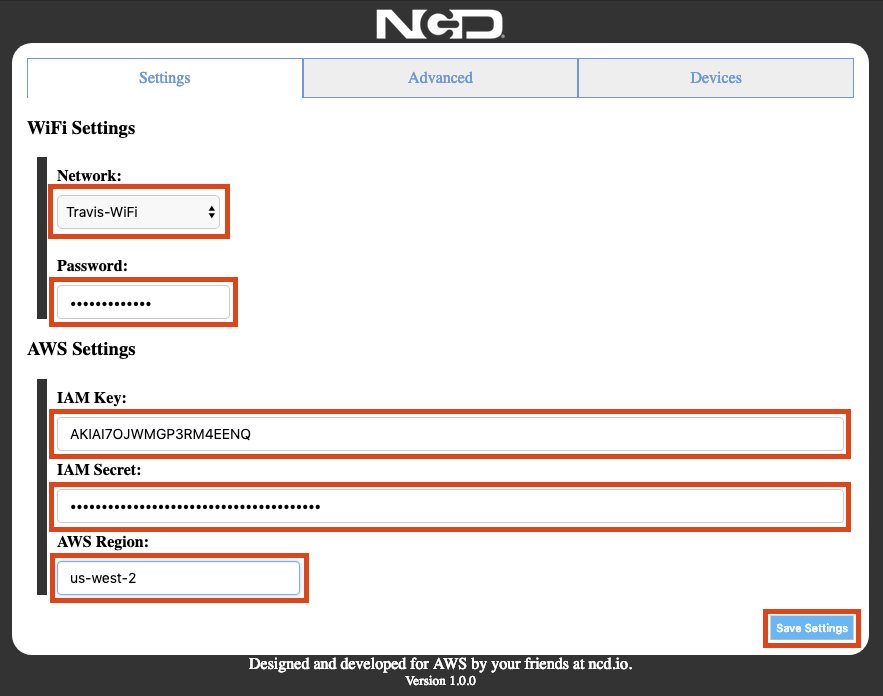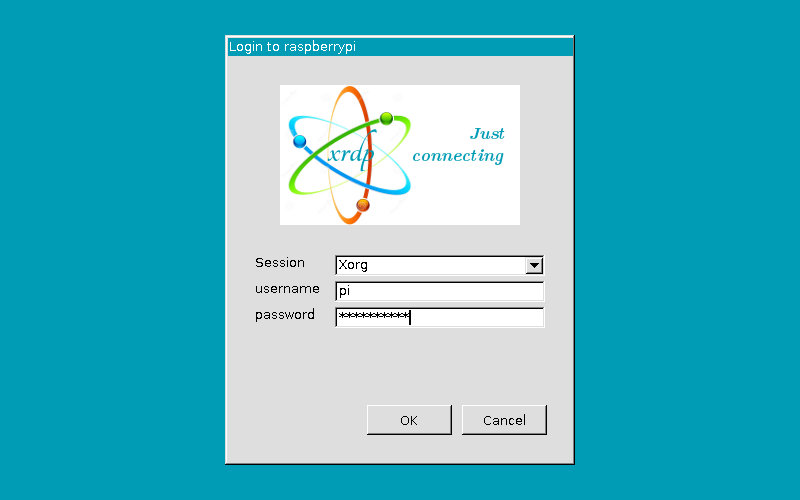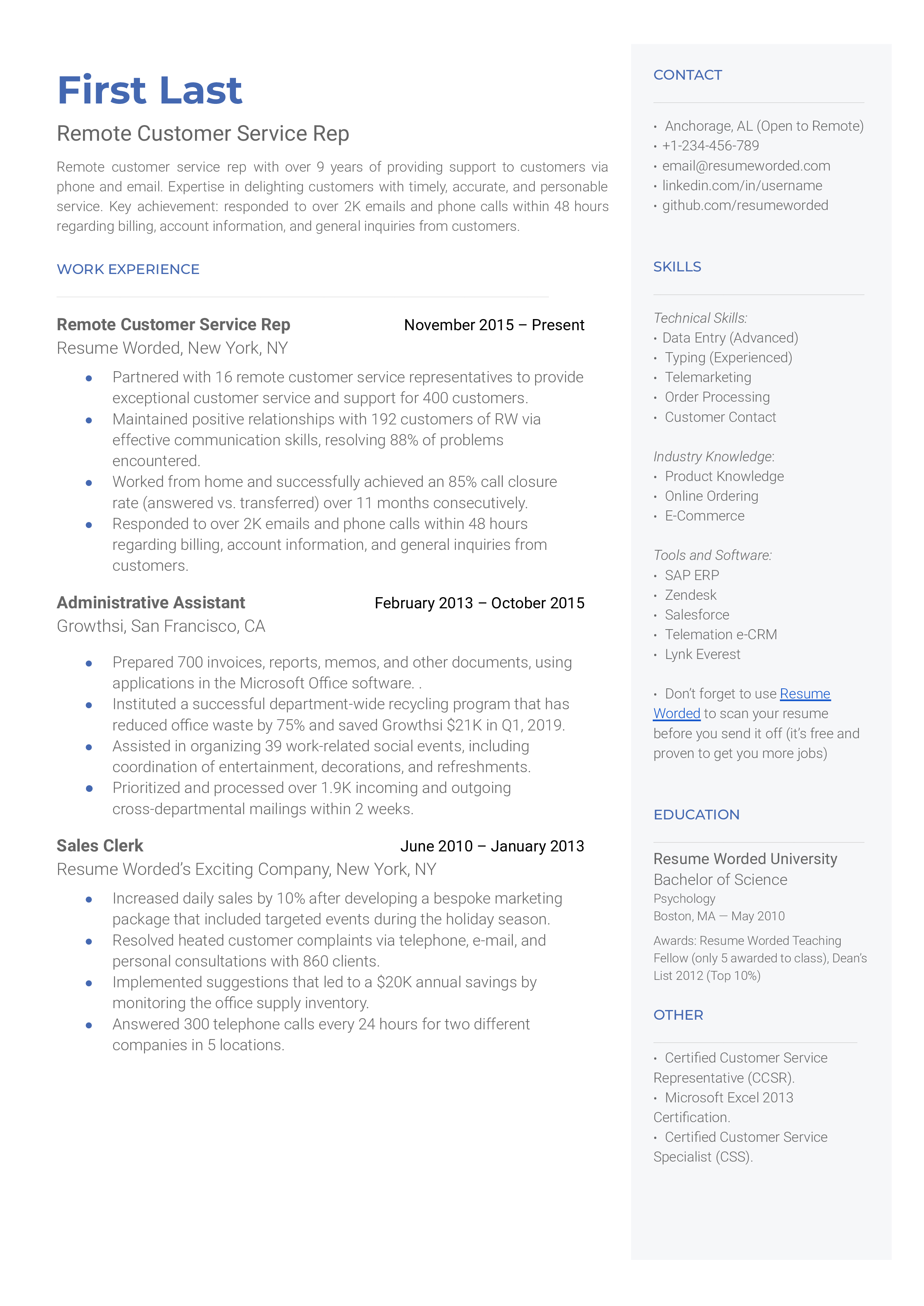Mastering RemoteIoT Batch Jobs On AWS: A Comprehensive Guide
RemoteIoT batch jobs have become increasingly popular as organizations look to automate complex workflows in remote environments. With the rise of cloud computing, platforms like AWS offer robust tools to streamline batch processing tasks, ensuring seamless execution even in remote locations. Whether you're managing IoT devices in a remote setup or handling large-scale data processing, understanding how to design and deploy a remoteIoT batch job example using AWS is critical. This guide delves into the nuances of remote batch job management, offering actionable insights and expert advice to help you optimize your operations.
As more businesses transition to remote operations, the demand for efficient IoT batch processing solutions has surged. AWS provides a comprehensive suite of tools tailored for remoteIoT batch job execution, enabling users to manage complex workflows effortlessly. By leveraging the power of AWS, organizations can ensure their remote IoT systems remain robust, scalable, and reliable. This article will walk you through the key steps involved in setting up and managing remoteIoT batch jobs, while also highlighting best practices to enhance performance.
The focus of this guide is to provide a detailed overview of how to design and implement a remoteIoT batch job example on AWS, with practical tips and expert advice. Whether you're a beginner looking to understand the basics or an experienced professional seeking advanced techniques, this resource will cater to your needs. Additionally, we will explore the importance of optimizing remote batch jobs for efficiency and scalability, ensuring your IoT systems remain future-proof.
Read also:Exploring The Allure Of Brandi Passante A Journey Through Her Iconic Pics
What Is a RemoteIoT Batch Job Example?
A RemoteIoT batch job example refers to a predefined set of tasks designed to process large volumes of data in a remote environment. These jobs are typically executed on cloud platforms like AWS, which offer the necessary infrastructure to manage complex workflows. By automating repetitive tasks, remoteIoT batch jobs help organizations save time and resources while maintaining high levels of accuracy.
How Does AWS Facilitate RemoteIoT Batch Processing?
AWS provides a range of services tailored for remoteIoT batch job execution, including AWS Batch, Lambda, and IoT Core. These tools enable users to manage batch jobs efficiently, ensuring seamless integration with other cloud services. With features like auto-scaling and resource optimization, AWS ensures that your remoteIoT batch jobs run smoothly, even in the most challenging environments.
Why Is RemoteIoT Batch Job Management Important?
In today's fast-paced digital world, managing remoteIoT batch jobs effectively is crucial for maintaining operational efficiency. By automating data processing tasks, organizations can reduce manual intervention, minimize errors, and enhance productivity. Additionally, remoteIoT batch job management ensures that your IoT systems remain aligned with business objectives, delivering consistent results across all operations.
Can You Set Up a RemoteIoT Batch Job on AWS Without Expert Knowledge?
Setting up a remoteIoT batch job on AWS requires a basic understanding of cloud computing principles and AWS services. While it is possible to configure a remoteIoT batch job without expert knowledge, having some familiarity with AWS Batch, Lambda, and IoT Core can significantly simplify the process. This section will provide a step-by-step guide to help you set up your first remoteIoT batch job example on AWS.
What Are the Key Steps in Creating a RemoteIoT Batch Job Example?
Creating a remoteIoT batch job example involves several key steps, including:
- Defining the scope and objectives of the batch job
- Selecting the appropriate AWS services for execution
- Configuring resources and setting up the necessary infrastructure
- Testing the batch job to ensure optimal performance
How Can You Optimize RemoteIoT Batch Jobs for Efficiency?
Optimizing remoteIoT batch jobs for efficiency involves leveraging AWS features like auto-scaling, resource allocation, and cost management. By fine-tuning these parameters, you can ensure that your batch jobs run smoothly while minimizing resource consumption. Additionally, regular monitoring and performance analysis can help identify bottlenecks and areas for improvement.
Read also:Nikki Catsouras Tragedy A Heartbreaking Journey Unveiled
Is It Possible to Scale RemoteIoT Batch Jobs on AWS?
AWS provides robust tools for scaling remoteIoT batch jobs, ensuring they can handle increasing workloads without compromising performance. By leveraging features like auto-scaling and dynamic resource allocation, organizations can seamlessly scale their batch jobs to meet growing demands. This section will explore the best practices for scaling remoteIoT batch jobs on AWS, offering practical tips and expert advice.
Table of Contents
- What Is a RemoteIoT Batch Job Example?
- How Does AWS Facilitate RemoteIoT Batch Processing?
- Why Is RemoteIoT Batch Job Management Important?
- Can You Set Up a RemoteIoT Batch Job on AWS Without Expert Knowledge?
- What Are the Key Steps in Creating a RemoteIoT Batch Job Example?
- How Can You Optimize RemoteIoT Batch Jobs for Efficiency?
- Is It Possible to Scale RemoteIoT Batch Jobs on AWS?
- Best Practices for Managing RemoteIoT Batch Jobs
- Troubleshooting Common Issues in RemoteIoT Batch Jobs
- Conclusion: The Future of RemoteIoT Batch Job Example Remote Remote AWS Remote
Best Practices for Managing RemoteIoT Batch Jobs
Managing remoteIoT batch jobs effectively requires adherence to best practices that ensure optimal performance and reliability. Some of these practices include:
- Regularly updating your AWS services to incorporate the latest features and improvements
- Implementing robust monitoring and logging mechanisms to track job execution
- Optimizing resource allocation to minimize costs and improve efficiency
- Conducting periodic audits to identify and address potential issues
Troubleshooting Common Issues in RemoteIoT Batch Jobs
Despite the robustness of AWS services, issues can arise during remoteIoT batch job execution. Common problems include resource allocation errors, network connectivity issues, and configuration mismatches. This section will provide a detailed overview of how to troubleshoot and resolve these issues, ensuring your remoteIoT batch jobs run seamlessly.
Why Should You Monitor RemoteIoT Batch Jobs Regularly?
Regular monitoring of remoteIoT batch jobs is essential for maintaining system health and identifying potential issues before they escalate. By leveraging AWS CloudWatch and other monitoring tools, organizations can gain real-time insights into job performance, enabling proactive problem-solving and optimization.
Conclusion: The Future of RemoteIoT Batch Job Example Remote Remote AWS Remote
As remote operations continue to gain prominence, the importance of efficient remoteIoT batch job management cannot be overstated. By leveraging AWS services, organizations can design and implement robust batch processing solutions that meet their unique needs. This guide has provided a comprehensive overview of remoteIoT batch job example remote remote aws remote, offering actionable insights and expert advice to help you optimize your operations. As technology evolves, staying updated with the latest trends and best practices will be key to ensuring the success of your remoteIoT batch jobs.
Remember, the key to mastering remoteIoT batch jobs lies in understanding the nuances of AWS services and applying them effectively. By following the guidelines outlined in this article, you can unlock the full potential of remoteIoT batch job example remote remote aws remote, paving the way for streamlined operations and enhanced productivity.
Article Recommendations


